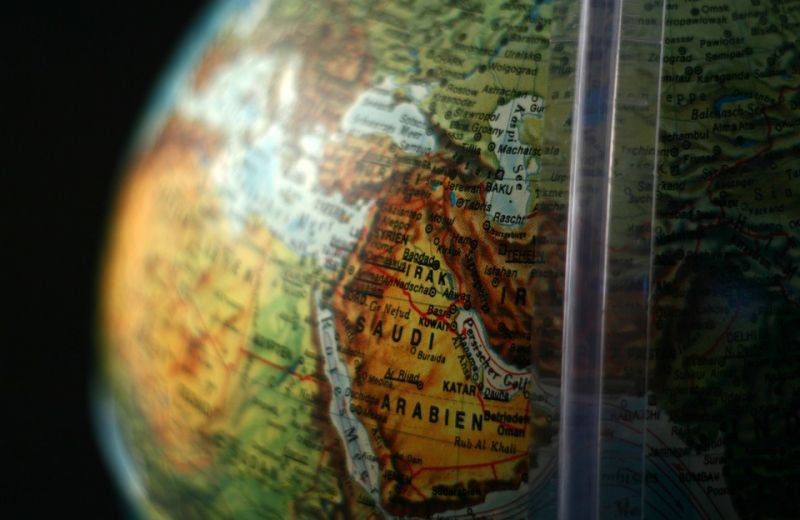 Op-eds
/ Strengthening Israel's Foreign Policy
Op-eds
/ Strengthening Israel's Foreign Policy
Israel finds it hard to deal with criticism. Everyone does. It is especially hard when someone else points out the sides of you that you do not like and do your best to conceal. Israel does not like being criticized for its occupation of the Palestinian territories and its rule over a civilian population deprived from equal rights. It is trying to conceal the occupation even from itself, in order to maintain its self-perception as right, moral, Jewish, and democratic. But eventually, the criticism it faces also leads Israel to pay attention to its less pretty sides.
Many states which see themselves as true friends of Israel, find themselves criticizing Israeli policies, especially regarding the continued occupation. Germany criticizes Israel’s treatment of peace organizations; consecutive American administrations, as well as growing circles among American Jewry, criticize Israel’s continued building in the settlements; the EU criticizes Israel’s policy in the occupied territories; as does the UN and many other states. And isn’t that what is expected from friends? To genuinely reflect on how we look and how we behave? After all, true friends are supposed to alert us when we behave in a way which they see as harmful to us.
In reaction to the criticism it faces, Israel chooses to attack the critic, delegitimize it and/or downgrade ties. When Senegal and New Zealand submitted resolution 2334 to the UN Security Council, Israel recalled its ambassadors from those states. Ambassadors of the countries which supported the resolution were called in to be reprimanded. When Germany expressed support of civil society organizations, Netanyahu chose to cancel his planned meeting with the German foreign minister. When Jews in the US criticized Israeli policy in the Palestinian territories, elements in Israel acted to stain their right to do so. When the UN passed resolutions which criticized Israel, the Israeli response is often aggressive and includes decisions to cut the budget it is obligated to transfer to the UN. And when individuals who call for a boycott of Israel or the settlements, because of Israel’s actions beyond the Green Line, want to enter the country, their entrance may be barred in advance and then backed by legislation. Anything, just to avoid the need to face and deal with the critic itself.
Such actions do not serve Israel’s interests, and are not the way Israel’s diplomacy should be carried out. True, the role of Israeli diplomats is made harder due to Israel’s policy in the Palestinian territories, which is not accepted in the international community. It is hard for Israel to upgrade its relations with Arab states, while continuing its current treatment of the Palestinians. It is also hard to convince democratic countries that Israel is, after all, a liberal democracy, despite that fact that it is ruling over a population with infringed rights. It does not sit right. Even so, it would be good if Israel chose to continue to strengthen relations with its critics and face the criticism through dialogue and policy reassessment. Instead of slamming the door shut and close off, Israel must put its best face on and turn it to the world.


